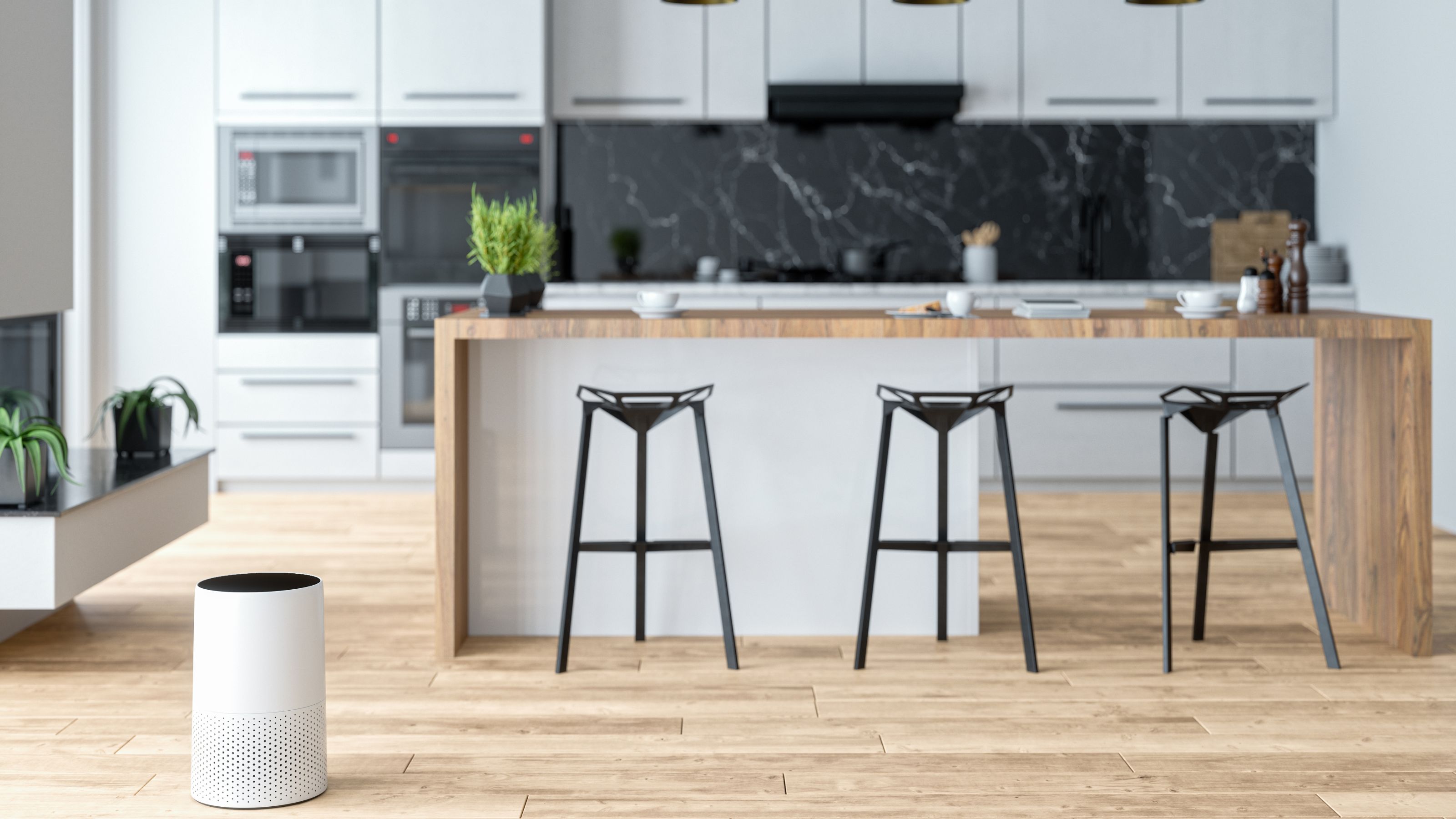
Air purifiers are increasingly a household essential. Working to improve air quality inside of your home, they claim to clear the air of pollutants like smoke, dust, pet dander, and unwanted odors. But not all air purifiers are effective, and marketing jargon can make their claims against risk confusing.
From helping consumers stay safe against wildfire smoke, to reducing the causes of allergies and asthma, air purifiers are said to manage symptoms by cleansing the air you breathe. So how do they work? What are the health benefits? Do these devices actually purify your household air?
Well, the experts say that even the best air purifier can't do it all. According to the United States Environmental Protection Agency (EPA), portable air purifiers are only designed to filter the air in a single room or area. Central furnaces or HVAC filters, however, can purify the air throughout a whole home.
As one of H&G's product reviewers and shopping editors, I've researched, reviewed, and spoken to the specialists for their thoughts on whether air purifiers really work.
How do air purifiers work?
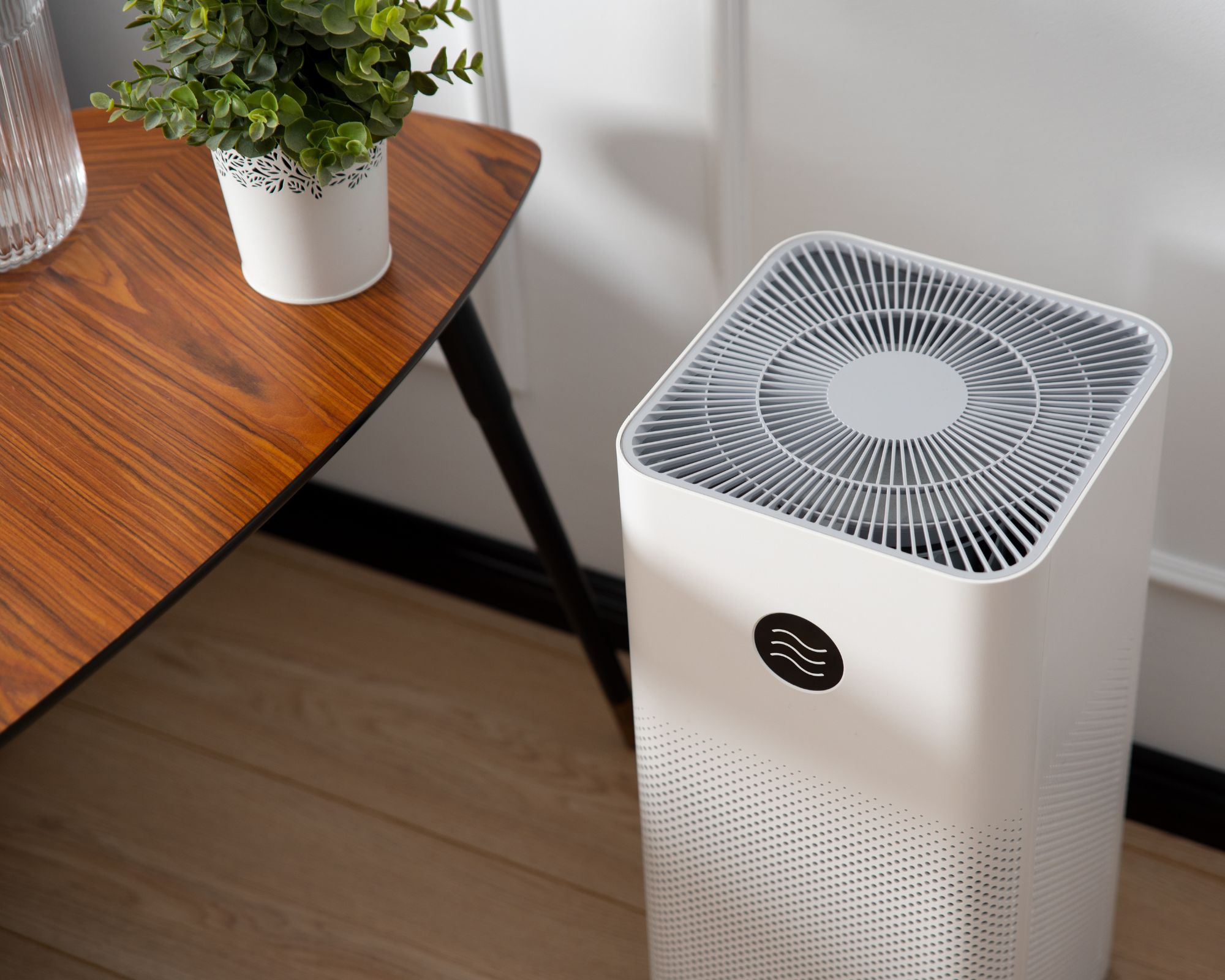
Air purifiers are designed to improve air quality by filtering the air inside a room. They 'contain a fan that sucks in and circulates air. As the air enters, the filter captures and removes harmful particles and pollutants from the air, before pushing out the clean air.
As Saul Davies, Buying Director at Beldray explains, 'most units will contain three filters – a pre-filter, HEPA filter and a carbon filter'. Almost all air purifiers will use activated carbon filters to capture odors, but not every purifier will use all three types. The type of filter the unit uses will affect the type of - and how many - unwanted substances that can be captured. Some air purifiers may also use other technologies to clean to air, including ultraviolet irradiation to target bacteria and mold.
What are the benefits?
Essential devices for improving air quality, there are many supposed health benefits. Air purifiers can play a crucial role in mitigating the harmful effects of smoke and pollutants. As George Negron, maker of innovative home solutions at Timilon Corporation argues, 'In areas of New York City where natural or mechanical ventilation is limited, air purifiers have been able to respond effectively to Canadian wildfire smoke by quickly breaking down the chemical odors associated with it.'
'Exposure to wildfire chemicals, odors, and particulates can have severe health consequences for both humans and animals. It can lead to respiratory issues, worsen existing respiratory conditions, trigger allergies, and pose risks to cardiovascular health.' states Negron.
Alongside ridding homes of smoke toxins, air purifiers are effective for removing pollen, which makes them a great solution for hayfever and allergy sufferers. If an air purifier is fit with a HEPA filter, it'll work to release negative ions that neutralize and sanitize airborne pollutants to help alleviate symptoms.
Do air purifiers actually work?
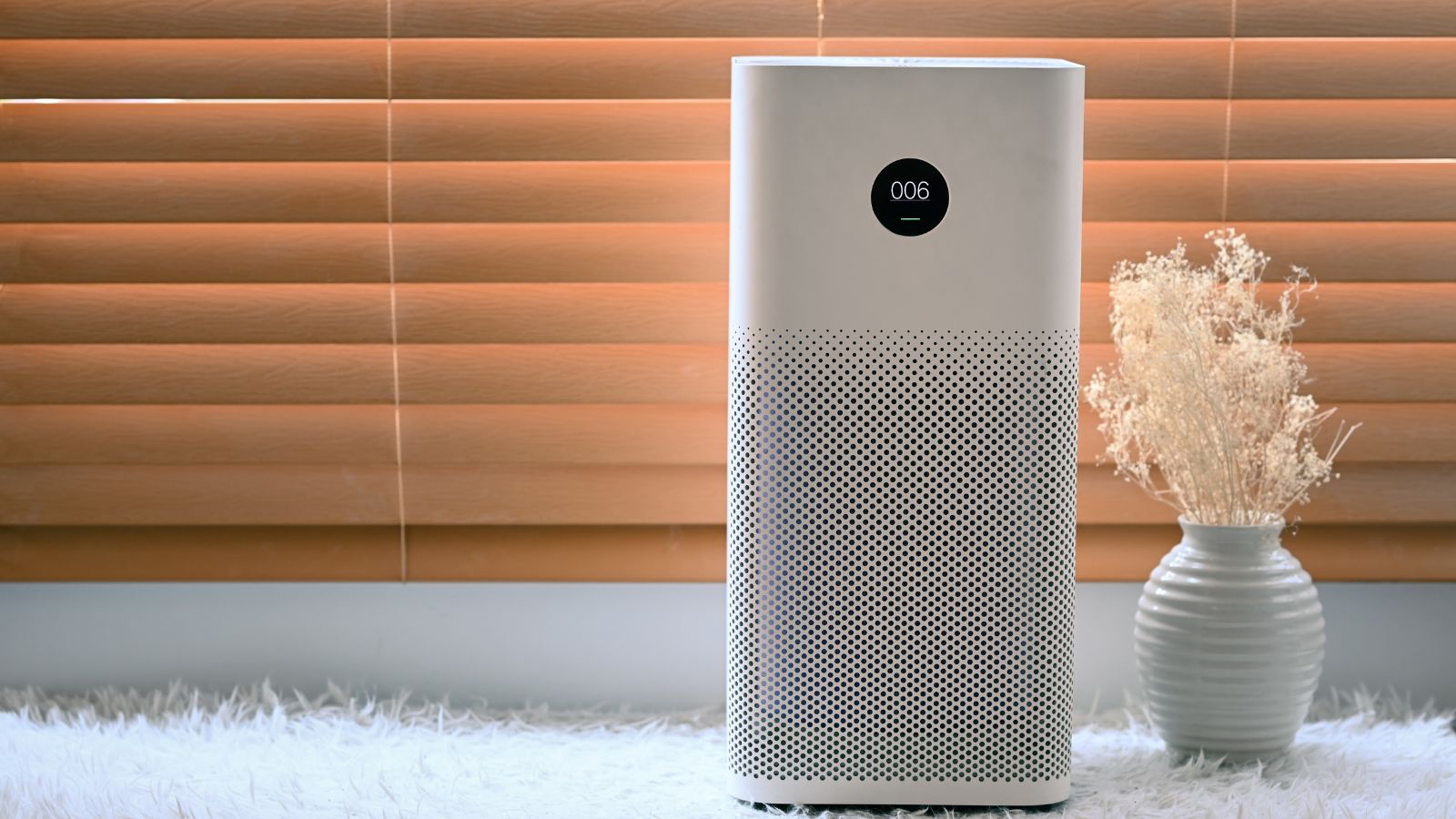
This is all well and good, but do they actually work? If you're wondering whether an air purifier is worth it, you should consider that the experts suggest that an air purifier's effectiveness depends on its filter type and the pollutants present in the home. An air purifier should also be just one component of a comprehensive approach to maintaining a cleaner indoor air environment. As Negron suggests, whether an air purifier works will depend on 'homeowners selecting the unit that best suits their needs'. In short, they can be incredible helpful, but they're not perfect.
For example, Alvin Pullins, a home improvement and maintenance specialist, says that the 'efficiency of the air purifier will be based on several factors'. These include 'the type of pollutant being targeted, the size of the unit, quality of the filters used, and many more.'
'Air purifiers are not a panacea for all air quality issues but I think they are still very useful in reducing indoor air pollution and improving air quality,' he summarises. 'In other words, they're essential for individuals with allergies, asthma, or respiratory conditions, but they may have limited impact on certain types of pollutants such as volatile organic compounds and gases.'
The best air purifiers
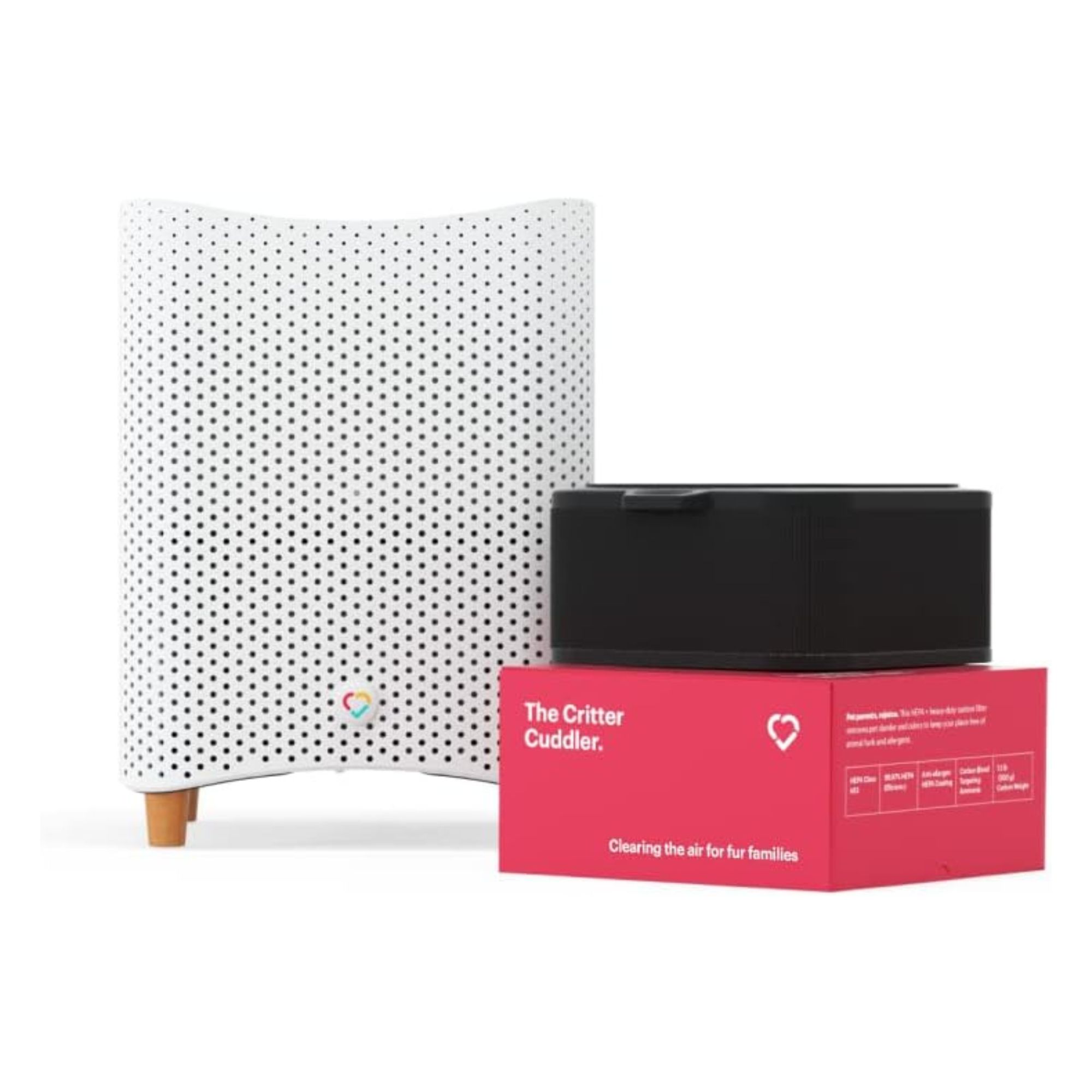
The Mila air purifier is our tried and tested best air purifier. With customizable features, you're able to adjust the unit to meet your needs and the indoor environment you're trying to clean. It contains two filters – the H12 HEPA filter and the H14 HEPA filter which is perfect for protecting against allergens.
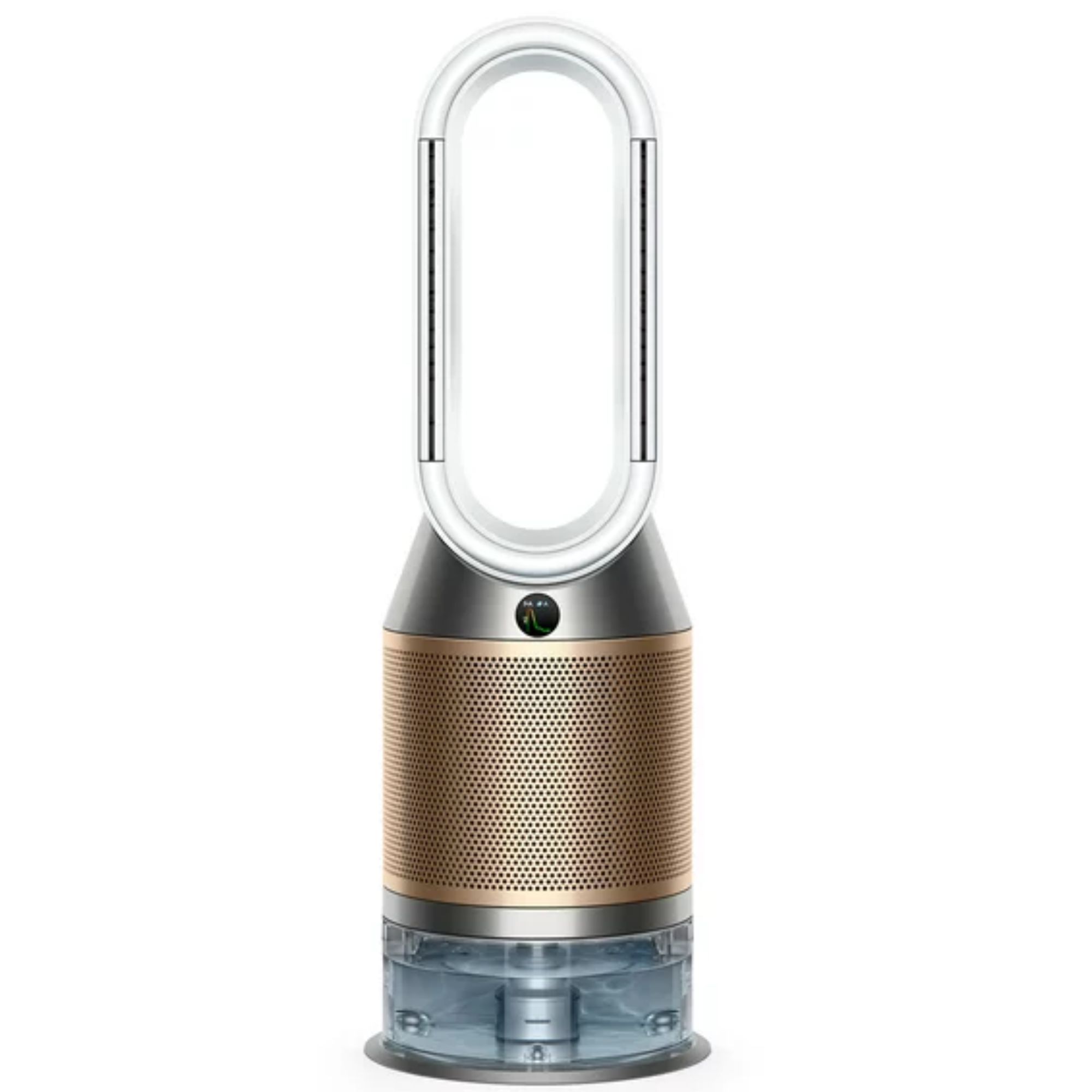
Dyson's Hot+Cool HP07 Purifier is a multifunctional fan, heater, and air purifier. Units like this usually come with the risk of compromising the quality of one function for another. This Dyson purifier can do it all, heating and cooling as well as purifying, but it's expensive.
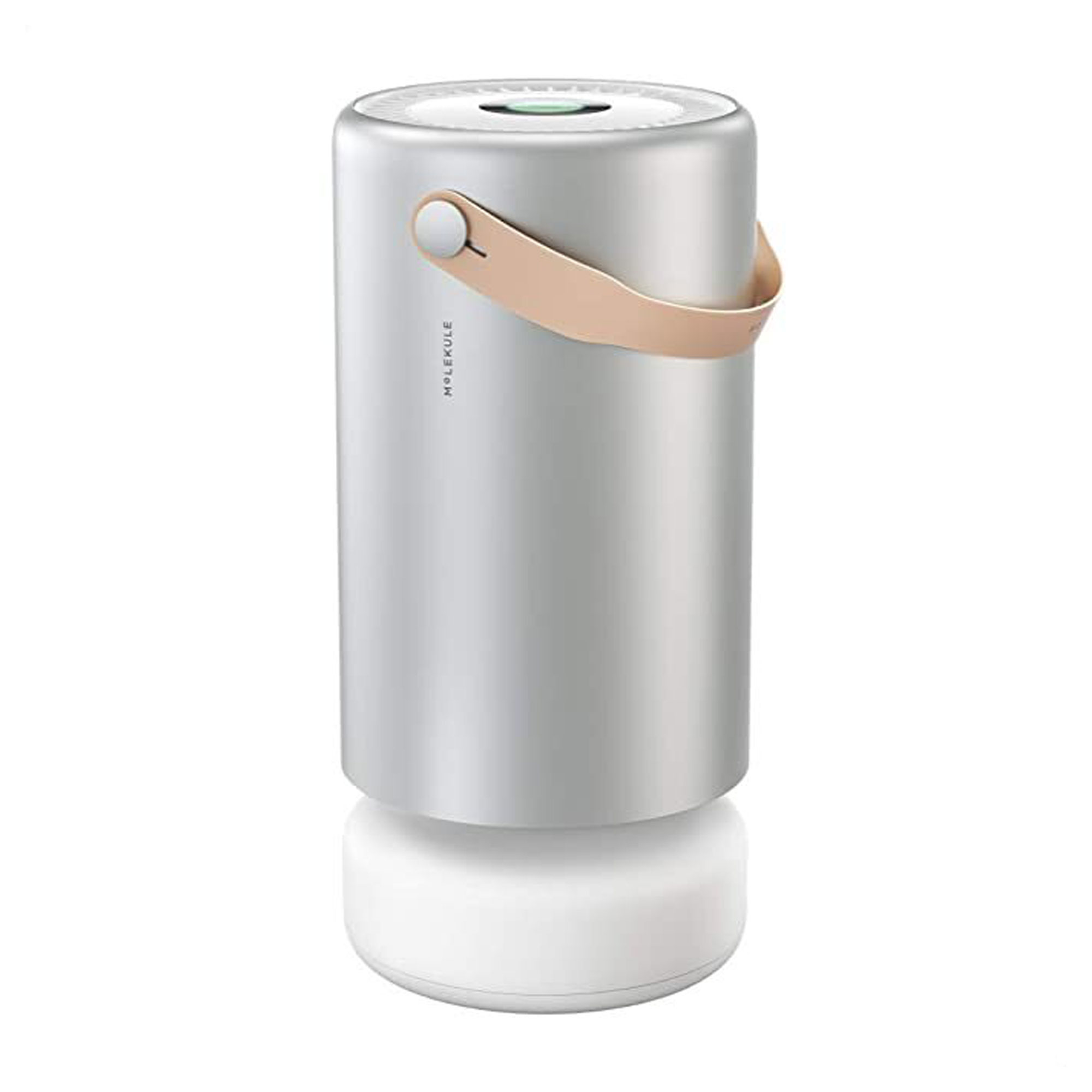
Most air purifiers are designed with small rooms in mind – and the experts advise to never rely on one air purifier for the whole of your home. But the Molekule Air Pro purifier has claimed the title of best air purifier for large spaces. During testing, this unit performed the best in an especially big open floor plan.
FAQs
What is a HEPA filter?
According to the American EPA, a HEPA filter is a 'type of pleated mechanical air filter.' Also known as a high-efficiency particulate absorbing (or arrestance) air filter, this filter meets an efficiency standard that can theoretically remove at least 99.97% of dust, pollen, mold, bacteria, and any airborne particles within a certain size. It is recommended by experts to select air purifiers with these kinds of filters for the most effective use.
Is it healthy to sleep with an air purifier?
While some experts warn against running at AC at night, leaving an air purifier on while you sleep can have great benefits for how well you rest, and your health and wellbeing. Clean air is better for overall respiration, as allergens and irritants are reduced. Air purifiers can therefore help you breathe easier and sleep more deeper. This can help with certain health risks. How healthy it is to sleep with one on, will, of course, depend on the type of air purifier and the filter it has.
One key consideration when sleeping with an air purifier is cost. While it may be better for your health, it's important to check how much your air purifier costs to run per hour.
Should you run an air purifier everyday?
Air purifiers are designed to be used all day. It can take around 30 minutes for one unit to clean the air of a small room, and just a few hours for larger, open-planned rooms. But to diminish noise and allow for steady operative performance, a 24/7 use of an air purifier will effectively clean the air of any size room. However, it means that you'll have to clean your machine more often, and replace air filters more frequently.
If you're suffering from allergies or struggling to breathe at night, you should always consult a doctor. Where air purifiers will clean the air of harmful toxins, pollutants, and particles, an air purifier won't solve any respiratory issues. All air purifiers also require proper maintenance and cleaning for effective use.







